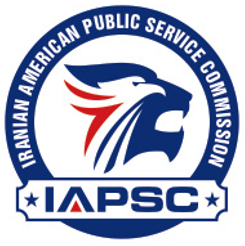1. The Power of Critical Thinking
2. Critical Thinking Mindset and Skills
3. Solve Problems and Succeed in College
5. Analyze Arguments and Diagram Decisions
6. Evaluate the Credibility of Claims and Sources
7. Evaluate Arguments: Four Basic Tests
10. Snap Judgments: Risks and Benefits of Heuristic Thinking
11. Reflective Decision Making
15. Write Sound and Effective Arguments
17. The Logic of Declarative Statements
18. Critical Thinking in the Social Sciences
19. Critical Thinking in the Natural Sciences
The Neuroscience of Memory




